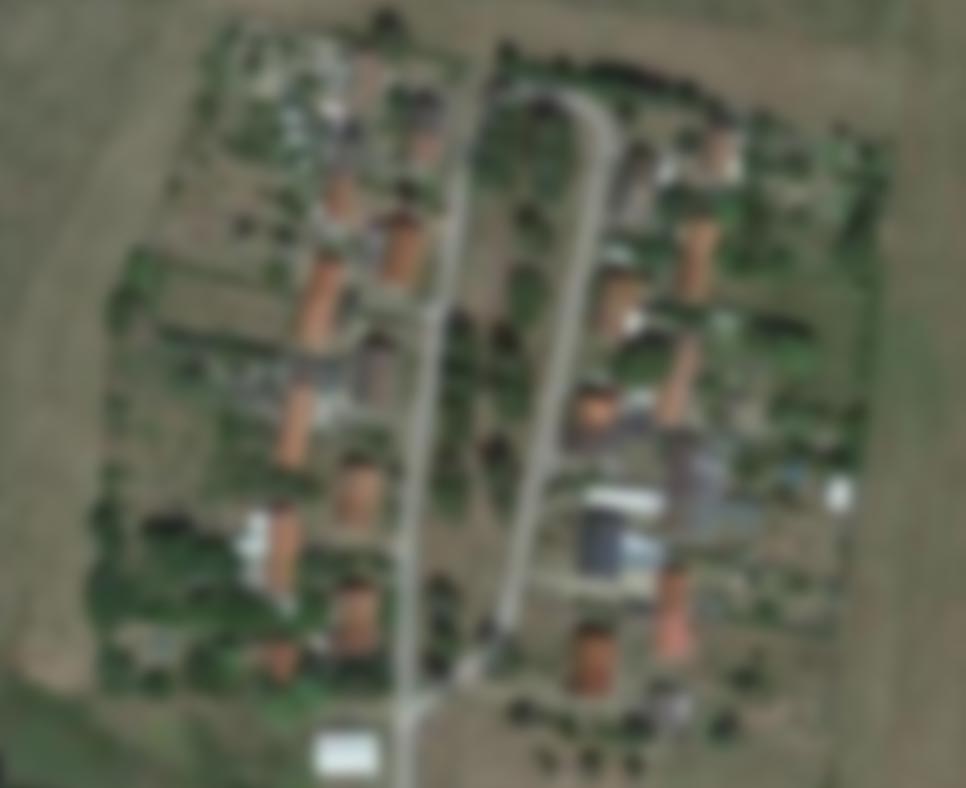3.1. (WELTAUTOMATEN)
The Equilibrium Gaia
The separation of "I" and "world" in the Western
tradition extends to the whole of society and its relation to the
environment.
According to Fritjof Capra, this results in ecological,
social and cultural crises of the present.
The Eastern view of the
world is organic. Here, human beings see themselves as part of the whole.
Man feels that he belongs to the universe, and all phenomena are
interconnected and dynamic through reciprocal relationships.
The eastern
world view is based on time and I Ching (change).
The universe is
understood as a fundamental unity.
Now I try to get a glimpse of the significance of the vegetal kingdom to human life, consciousness and spirituality. I can relate to that in my garden. Every buzz, every hue, every scent is a personal message to me. Freshly mown grass - smelling that feels like a privilege to me. I really get aware of the life that surrounds me. Living systems are cognitive systems, and the interactions of a living system with its environment are cognitive interactions. The process of living itself is a process of cognition; to live is to know.
Awareness of the environment is a
property of cognition at all levels of life. The organizing activity of
living systems at all levels of life is mental activity. We are beginning
to recognize the creative unfolding of life in forms of ever-increasing
diversity and complexity as an inherent characteristic of all living
systems. The central focus is on creativity; on lifes constant reaching
out into novelty.
Creativity is a key property of all living
systems.

